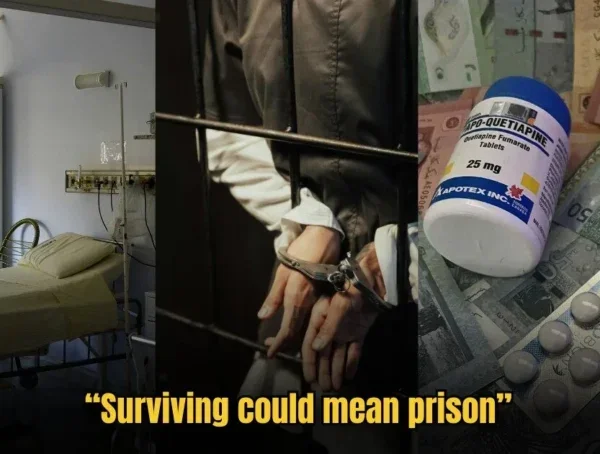Finding Life’s purpose doesn’t require a pilgrimage to the West or a climb to the Himalayas. It’s a lot easier than we think. Last Christmas, I received a book titled ‘The Little Book of Ikigai’ by author Ken Mogi.

source: sai-books
In a nutshell, Ikigai is the Japanese way of finding purpose in life. Iki means ‘to live’, and gai means ‘reason’. Together, it’s the compass to discovering your reason for living.
This is how I discovered mine.
Start small, really small
I have the habit of dreaming big. I love drumming up mediocre goals into moments of greatness. It’s generally a good thing, with one downside – I tend to beat myself down if I don’t achieve my goals as quickly as I hoped.
Ikigai wants us to focus on the minor details, and not be sidetracked by the bigger picture. By concentrating on the journey instead of the destination, we learn to appreciate the bumps and detours necessary to achieving our goals.
Last year, I set a goal to finish writing a book in six months. It didn’t happen. I missed so many deadlines, and couldn’t finish it in time.
Instead of feeling down about it, I’m currently focused on writing one chapter at a time. Starting small, I learned to enjoy the process of rewriting and editing. I also relish in stringing words together at my own pace. The journey may take longer than I thought, but I’ve realised that we must appreciate the smaller things before we can aim for bigger things.
Release yourself from rewards
For a long time, I defined and measured the success of my career by the size of my paycheck and fancy job titles. I didn’t realise it, but these false measurements of success made me increasingly unhappy in my career.
Ikigai believes that releasing yourself from the need for rewards and recognition is important. By freeing ourselves from material needs, it allows us to accept our most authentic self and discover our true meaning in life.
I regained my life’s purpose by letting go of the need for higher income and better job titles. Today, I write for the sheer enjoyment of contributing a story to the world.
Before I go to sleep, I’d ask myself – am I happy with the things I’ve done today? Since I let go of the high pay and job titles, the answer has often been ‘yes’.

Seek happiness through harmony
Whenever a bad day hits, I have the tendency of rubbing off my stress and frustration onto others. I never liked that side of me. It causes unnecessary friction in my relationships. Besides, who likes being the grey cloud that dulls someone else’s day?
It’s only when we create or maintain a harmonious relationship with others that we become happy. Ikigai emphasises that embracing harmony and sustainability is necessary for our way of living.
With this in mind, I learned to be more mindful of my actions. It’s not easy, but I do my best to be as courteous and giving as possible. I also make a point to be generous with my compliments and smile as often as I can.
Appreciate the joy of little things
Back in the days, waking up early means missed hours of sleep or an early battle with the morning traffic. Whenever I magnified these petty aspects of my day, it ruined my mood. Consequently, it made work feel like a drag.
Ikigai reminds us to focus on the joy of little things. It doesn’t matter where your day takes you, there’s always something joyful to look forward to.
Now, I learn to take it slow and appreciate the little joys of my life. From the streaming sunlight from my window panes to the words in a Vance Joy song, every moment is a blessing which I no longer take for granted.

Remember to be in the here and now
Personally, staying mindful is difficult because I always find myself worrying and pondering about many things. It can be anything from finances, to family matters.
Living in the present is a challenging task because our minds are constantly wandering off to the past and worrying about the future. Ikigai wants us to practice the art of mindfulness, so we can be free from unnecessary thoughts.
Today, I learn to focus on what matters the most, which is basically everything that happens to me right now. From being more engaged in my conversations, to savouring every spoonful of my favourite ice cream, every day is a chance to live in the present.
In short, I now live each day with a renewed sense of purpose. If you’re looking for that too, I recommend picking up Mogi’s book!
What’s your way of finding purpose in life? Share it with us below!
More from Real Mental Health
“I Was Scared of Waking Up in Handcuffs,” shares Depressed M’sian on Repealed Law
In 2023, Malaysia repealed Section 309, a colonial-era law that made suicide attempts a crime. The change marked a shift …
‘Everyone Saw A Successful Student While I Was Crumbling,’ Shares 22 Year Old Student
This is a story of a 22 year old woman who shared her story as a Straight A’s student as …
5 Harmful Mental Health Myths Malaysians Still Believe
Let’s break down five of the most common myths Malaysians still believe, and why it’s time to let them go.














